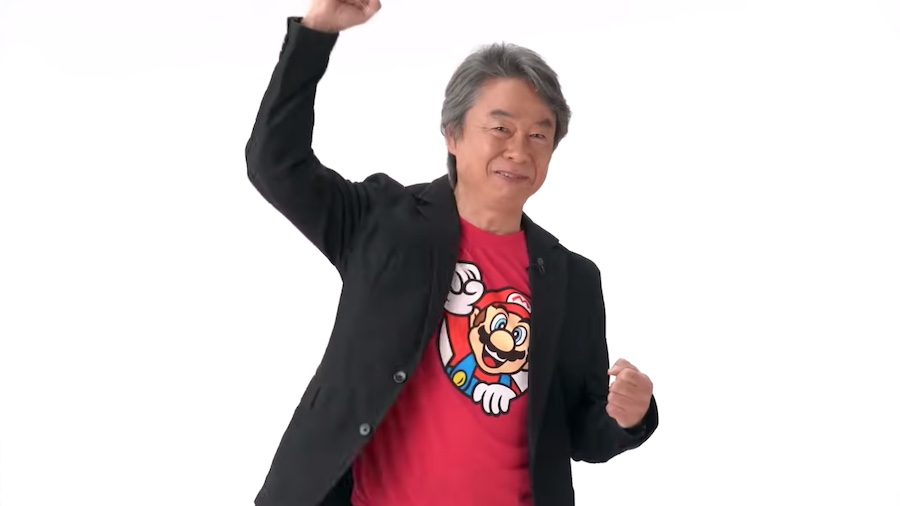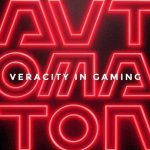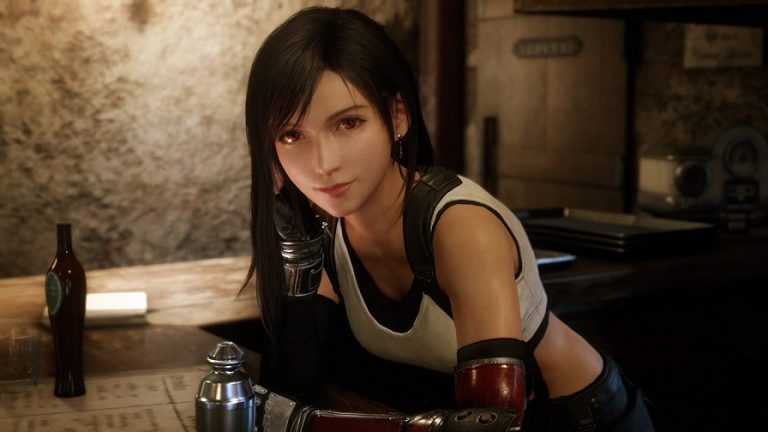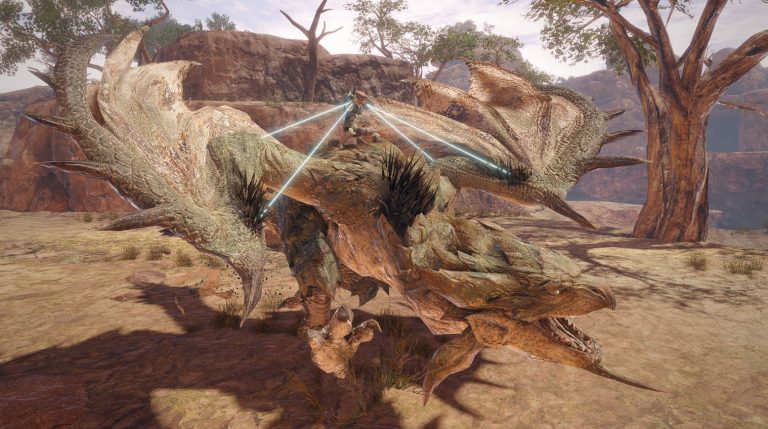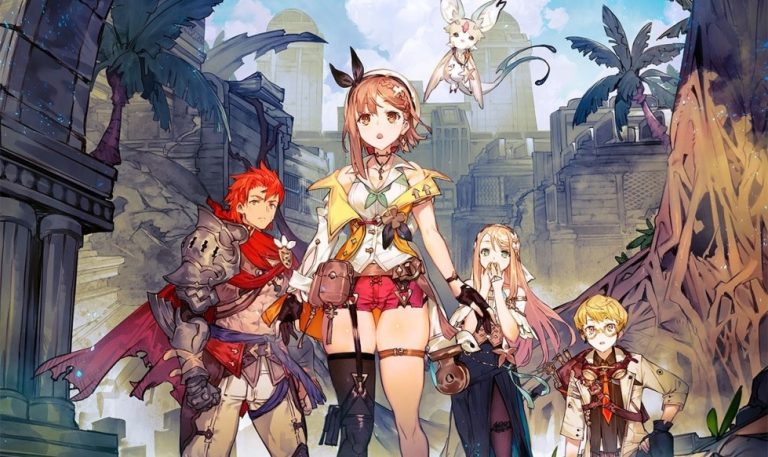During the question-and-answer session for the Nintendo shareholders’ briefing held on November 6, Shigeru Miyamoto talked about the game design advice that he gives to new Nintendo employees. This philosophy gives insight into the efficient, forward-thinking work ethic that Miyamoto tries to pass on to new employees, as well as his approach to game design.
The question asker calls Shigeru Miyamoto a genius, expressing concerns about his eventual retirement and how his knowledge is being transferred to future generations. In his reply, the Mario creator lightly deflects the “genius” part, explaining that after his annual seminar for new Nintendo employees, he often hears comments like, “I wondered what kind of person Mr. Miyamoto would be, but I was relieved to find that he’s surprisingly normal.”
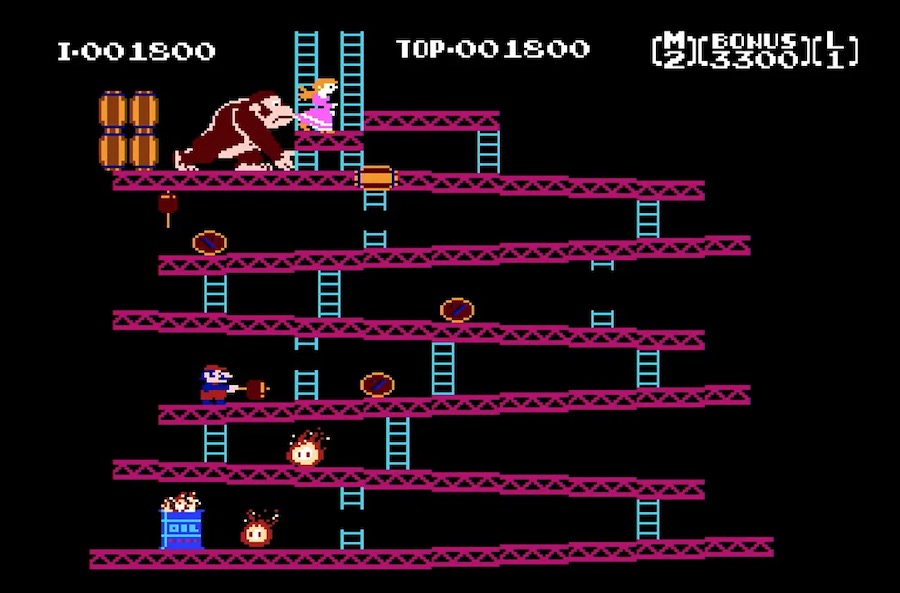
Miyamoto reiterates, saying “I think I am a pretty ordinary person. If possible, I’d prefer not to work at all, but If I’m going to work, I want to do so as efficiently as possible. I’m always thinking about how to make what I’m working on a hit, because If I make a hit, this makes my next job easier. I talk about these creative dilemmas at the seminar (for new employees) every year.”
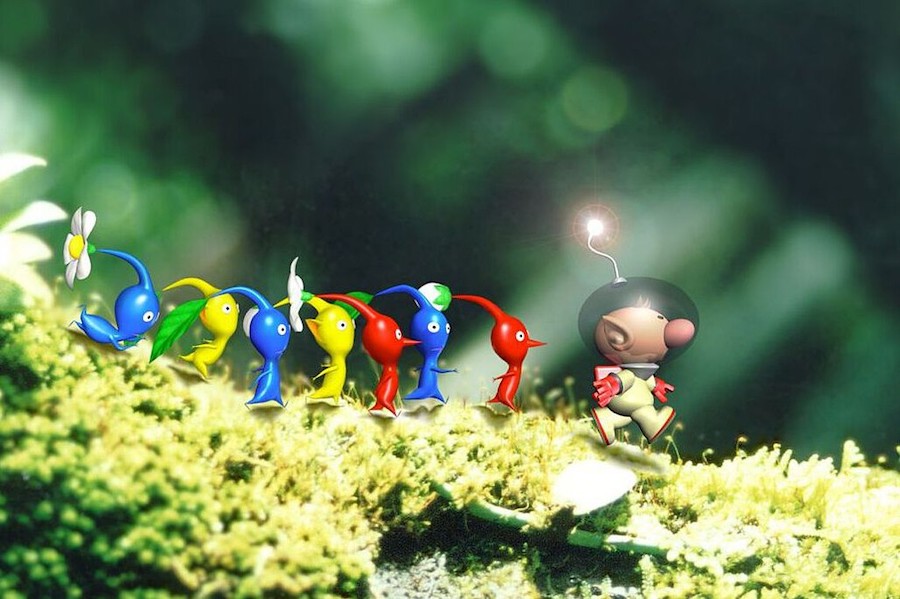
Going into more detail about the annual 2-hour seminar that he gives to new Nintendo hires, Miyamoto explains that he covers Nintendo’s history, the company’s values and strengths in game development, and what game design is. For the game design part, the Mario creator reveals his approach to creating games. “Among the game developers who have just joined Nintendo, many of them often play games themselves, and their thinking is that they want to create a fancier version of the last game that they played.” Miyamoto remarks. “However, I explain to them that game design is not about this, it is about looking at the things around you and putting together the aspects that you think would be interesting in a video game.”
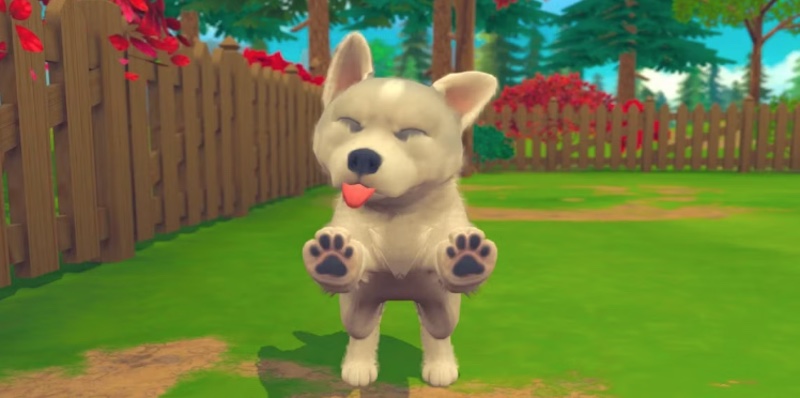
These comments from Miyamoto reflect Nintendo’s trajectory. While its rivals Sony and Microsoft have focused on pushing the limits of technology and graphics with each new console generation, Nintendo has opted for making fun and accessible games on more modest hardware sold at a cheaper price point. Miyamoto’s innovative approach of taking aspects and ideas from his surroundings and putting them into games can be seen in many in-house Nintendo titles made by other game creators too.
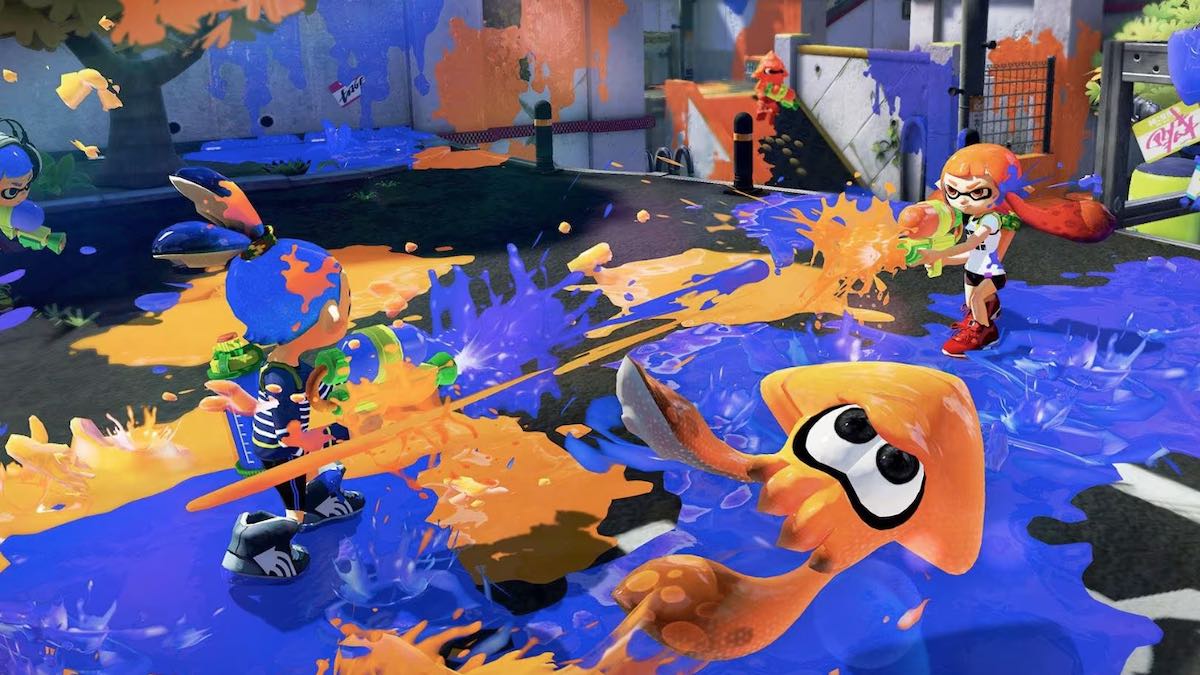
For example, Splatoon originated from the simple idea of competing to cover an area in paint – the characters and lore came later, as seen in the game’s Tofu Prototype. Then there’s The Legend of Zelda: Echoes of Wisdom, which seems to take Miyamoto’s words literally in introducing the Echo system that allows you to clone various objects to advance through a level in your own creative way. Not to mention the other unusual ideas that the company has come up with over the years, like Nintendo Labo, which combines real-life cardboard construction kits with game software.
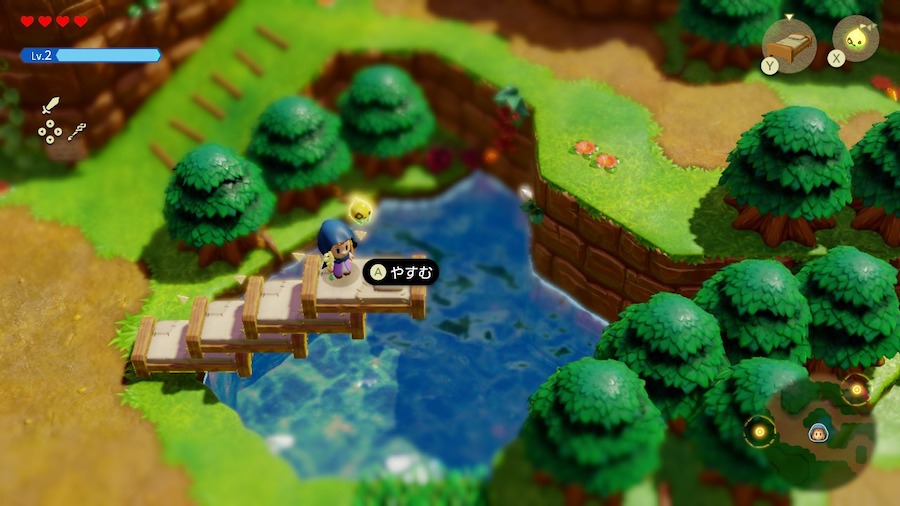
In a previous interview about the Nintendo Museum, Shigeru Miyamoto expressed hopes that the museum can eventually replace his seminars for new employees- showing them the challenges Nintendo has overcome over the years and the innovations it has made. As for the transferring of knowledge and know-how to younger employees, Miyamoto also addressed these same concerns at Nintendo’s 84th annual shareholders’ meeting in June, where he remarked that “I consider (Nintendo’s) generational handover to be progressing smoothly. We have developers that are young and brilliant.”

